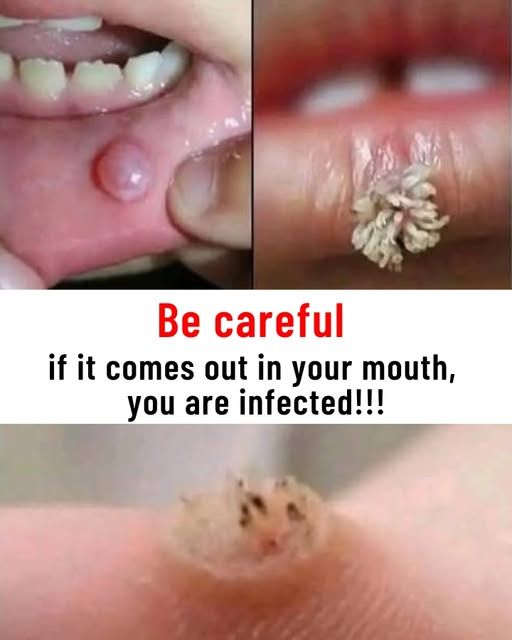If you notice something strange popping up around your mouth—especially small, painful blisters—you’ll want to pay close attention. These could be cold sores, also known as fever blisters, and they’re a strong indication that you’ve been infected with the herpes simplex virus. Most cold sores are caused by herpes simplex virus type 1 (HSV-1), although in some cases, herpes simplex virus type 2 (HSV-2)—which is more commonly linked to genital herpes—can also be responsible, particularly when transmitted through oral-genital contact.

Cold sores are incredibly contagious and can easily spread from one person to another through even the most casual contact. The virus is most commonly passed through direct contact like kissing, or by sharing drinks, utensils, or food with someone who has an active outbreak. It’s also possible to contract the virus through indirect means, such as using items that have been contaminated—think towels, razors, lip balm, or anything that touches the mouth.
What’s more, you can even spread the virus to different areas of your own body by touching a sore and then touching your eyes, nose, or genitals. Recognizing a cold sore early can help you take steps to manage the symptoms and reduce the risk of spreading the virus to others. The infection usually unfolds in several stages. First, there’s a tingling, burning, or itching sensation in or around the lips—often one to two days before the actual sore appears.
Then, clusters of small, fluid-filled blisters develop, most commonly near the lips, but they can also show up around the nose, on the cheeks, or inside the mouth. Eventually, the blisters burst open, creating painful, raw sores. This is the most contagious phase of the outbreak. Afterward, the sores begin to dry out and scab over. While this is a sign that healing has started, the crusted area can still be sensitive and uncomfortable. Cold sore outbreaks typically last about a week to 10 days, but even after the sores disappear, the virus doesn’t go away. It stays dormant in your body and can reactivate at any time, especially when triggered by certain factors. Stress—both emotional and physical—is a common trigger, as are hormonal changes, such as those that occur during menstruation or pregnancy. Exposure to sunlight and UV rays can also spark a flare-up, as can illnesses like the common cold or flu.
A weakened immune system, whether due to medical treatments or underlying health conditions, can make you more vulnerable to recurrent outbreaks. While there’s no cure for cold sores, several treatments are available to help manage symptoms and speed up recovery. Antiviral medications, such as acyclovir, valacyclovir, and famciclovir, are often prescribed and can significantly reduce the duration and intensity of an outbreak, especially if taken early. Topical antiviral creams may also be helpful in easing symptoms and slowing the spread of the virus, while over-the-counter pain relievers like ibuprofen or acetaminophen can reduce discomfort. Some people also find relief from using lip balms or moisturizing creams, which help soothe the skin and prevent cracking. Preventing cold sores from spreading or recurring is another important step. If you have an active sore, avoid kissing and close physical contact. Don’t share personal items like eating utensils, drinking glasses, towels, or makeup. If you know sunlight triggers your outbreaks, apply a lip balm with sun protection when heading outdoors. Supporting your immune system is also essential—maintaining a healthy diet, getting regular exercise, staying hydrated, and managing stress can all help your body keep the virus in check. It’s also smart to see a healthcare professional if your cold sores are especially painful, last longer than usual, or keep coming back frequently. Sometimes, persistent outbreaks can be a sign of a weakened immune system or another underlying issue that needs medical attention. In these cases, a doctor might recommend a different treatment approach or run tests to ensure nothing more serious is going on. Cold sores may be common, but they’re more than just a cosmetic issue—they’re a sign that your body is fighting off a virus that never truly goes away. Understanding the symptoms, triggers, treatment options, and ways to prevent the spread of the virus can help you take better care of yourself and those around you.





